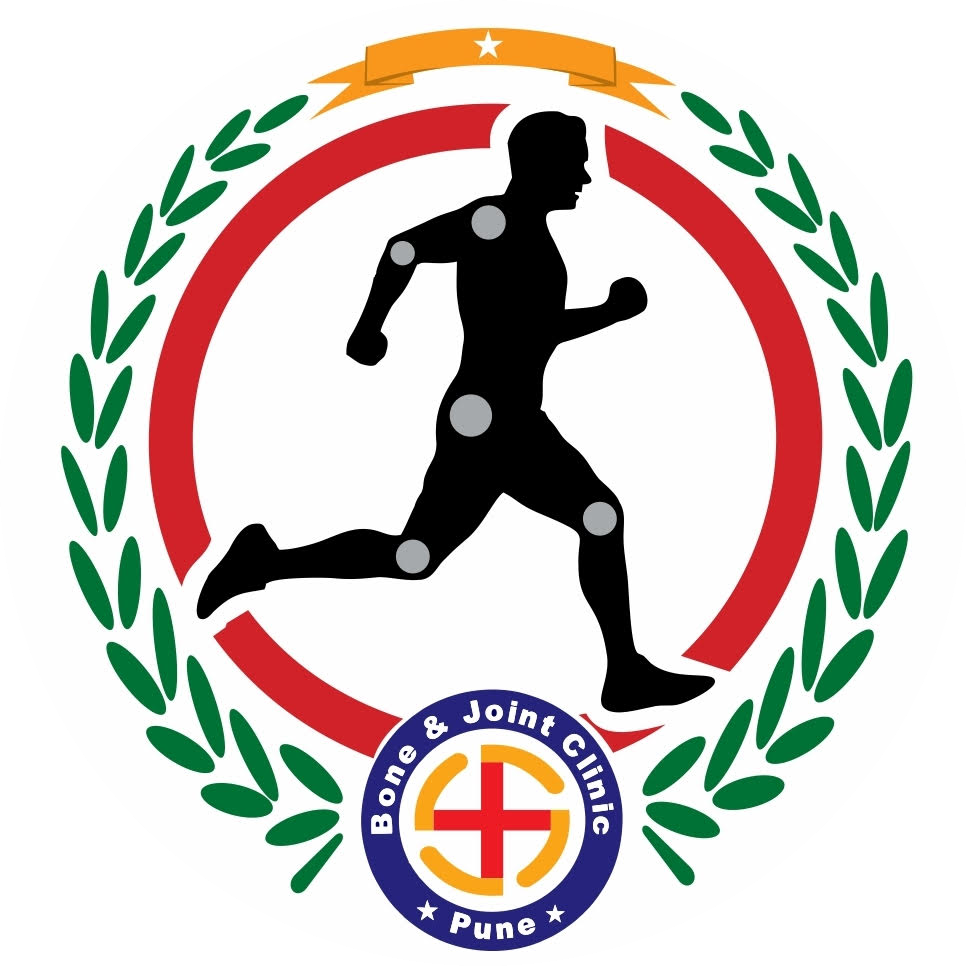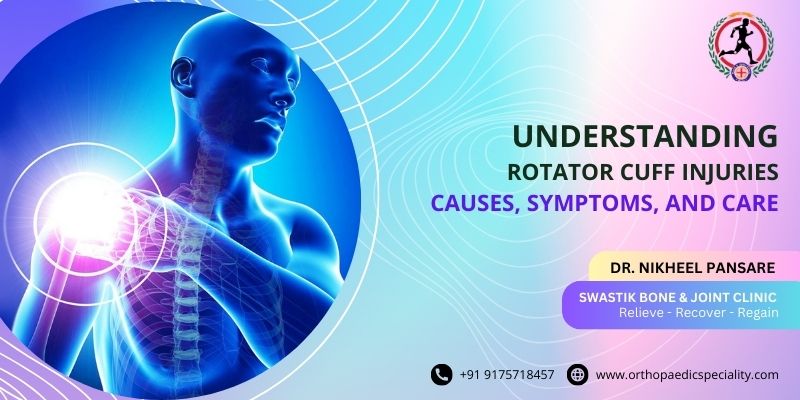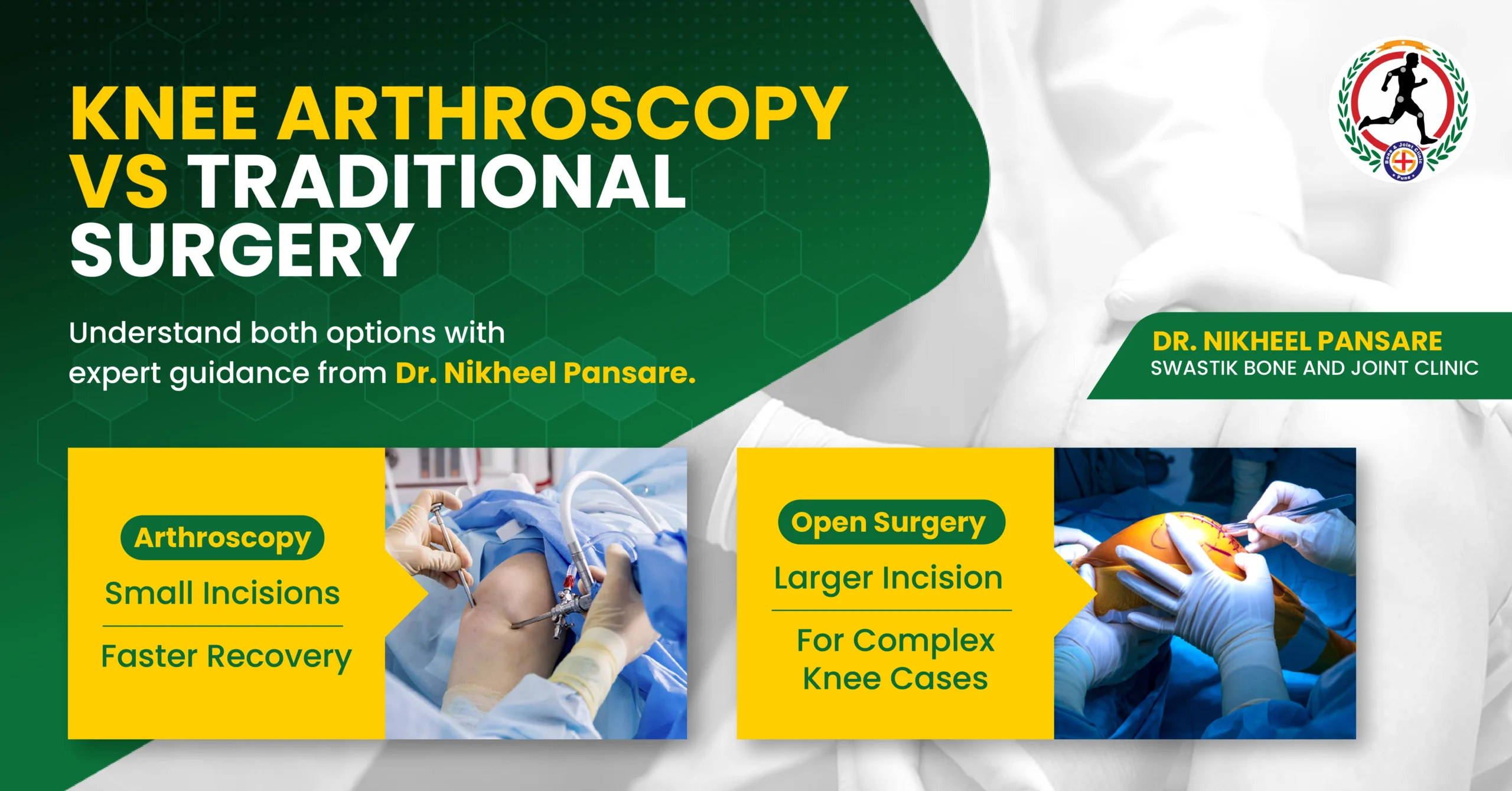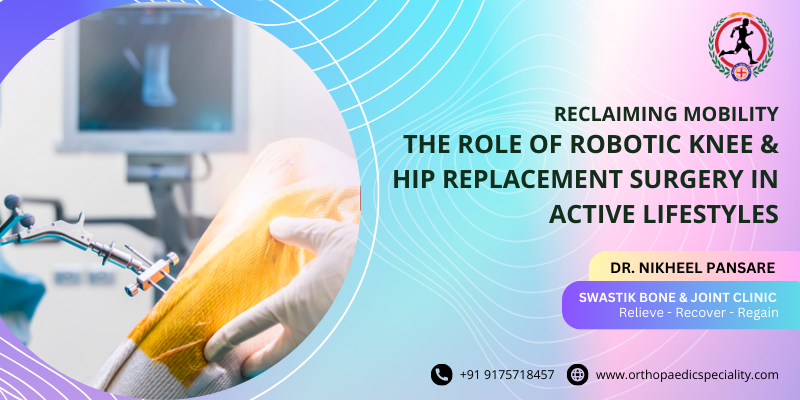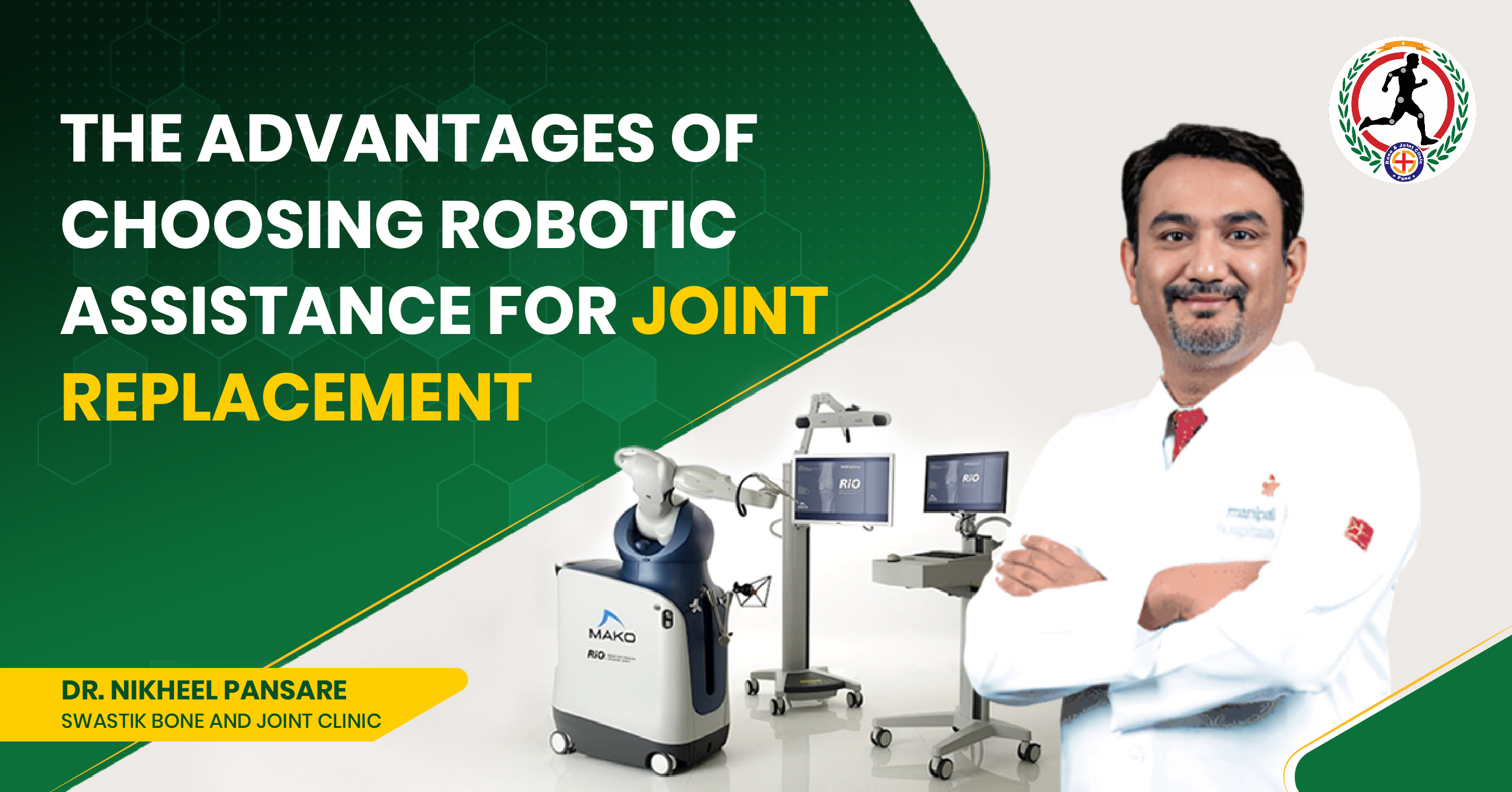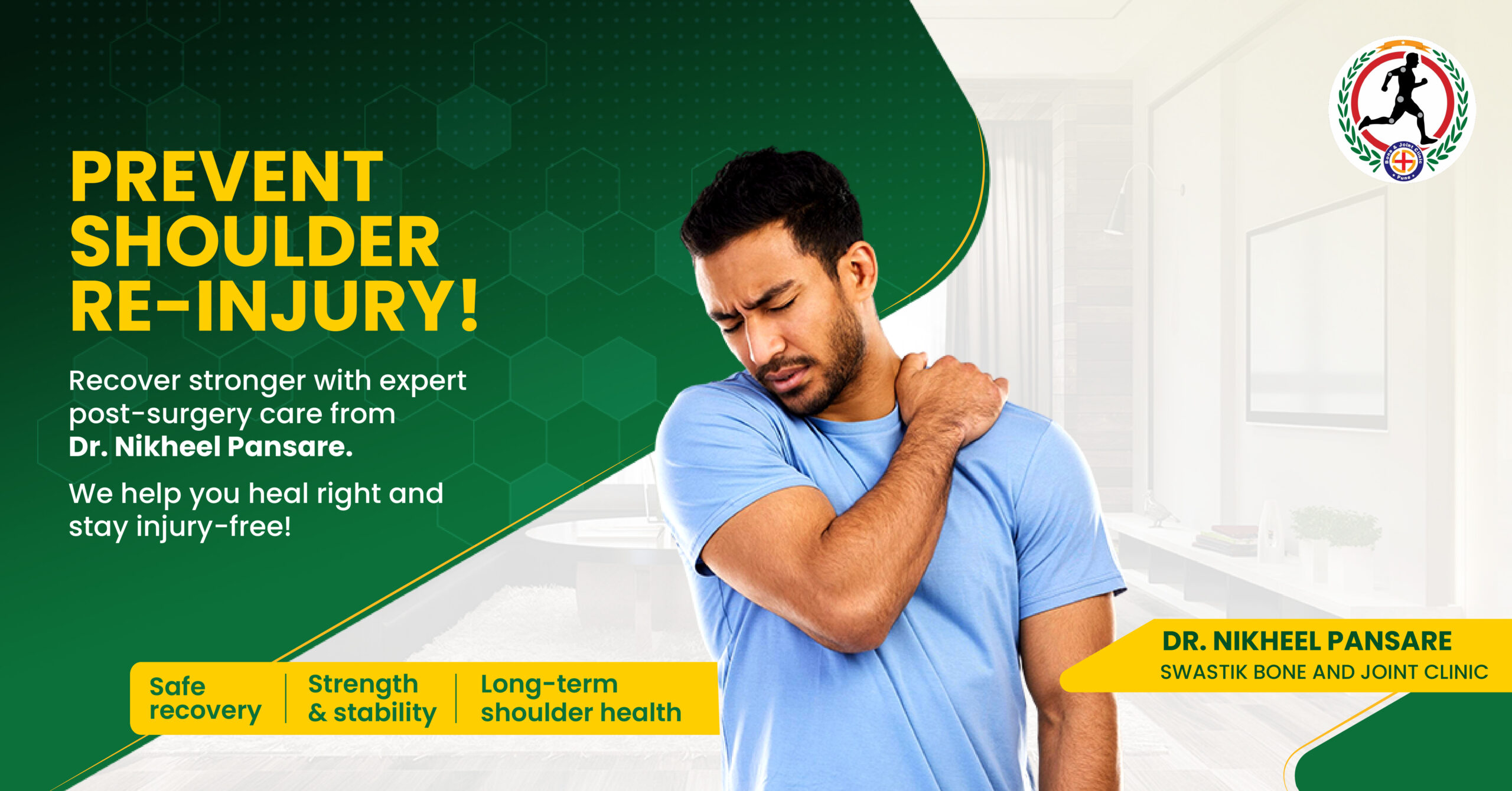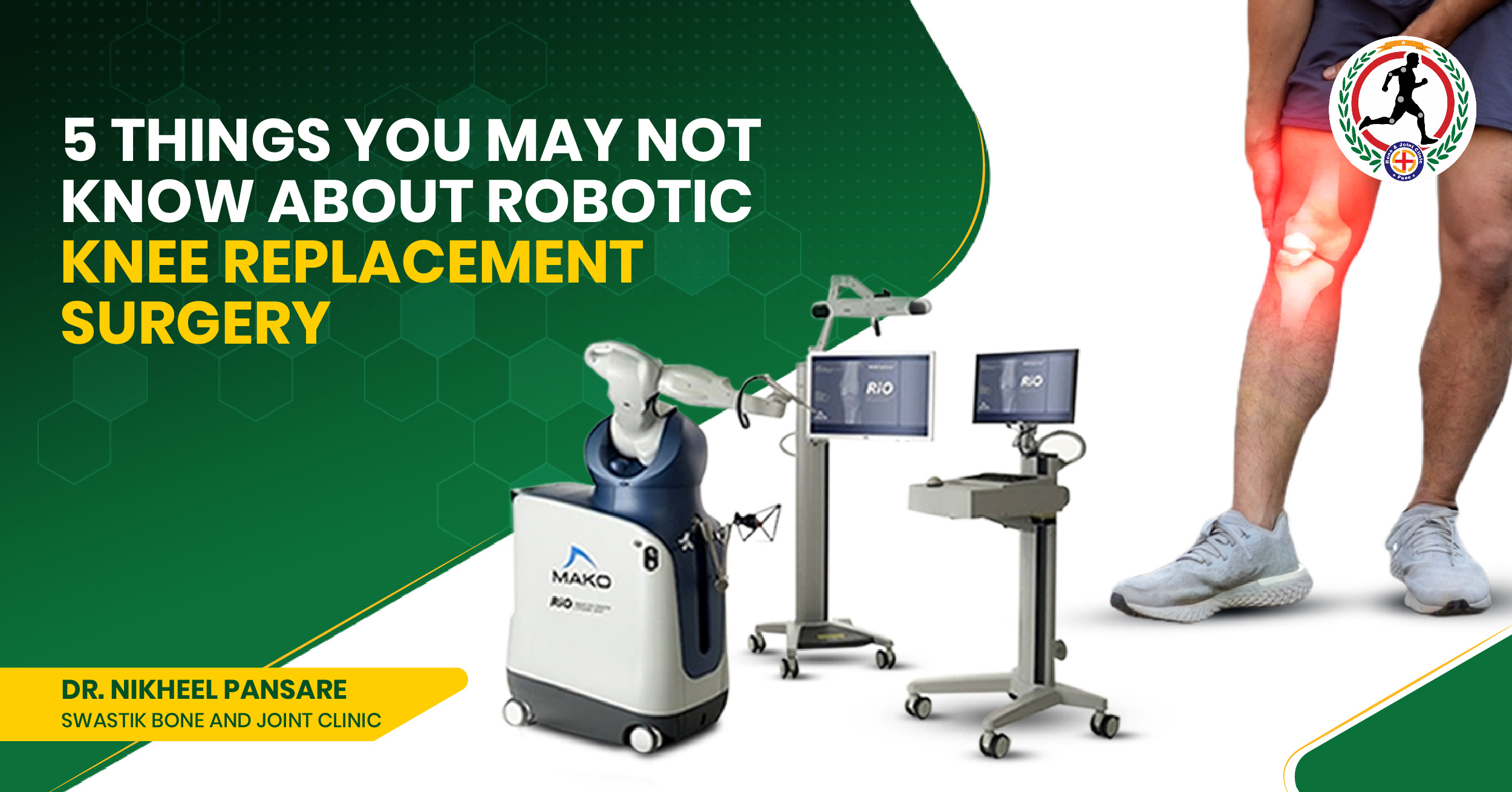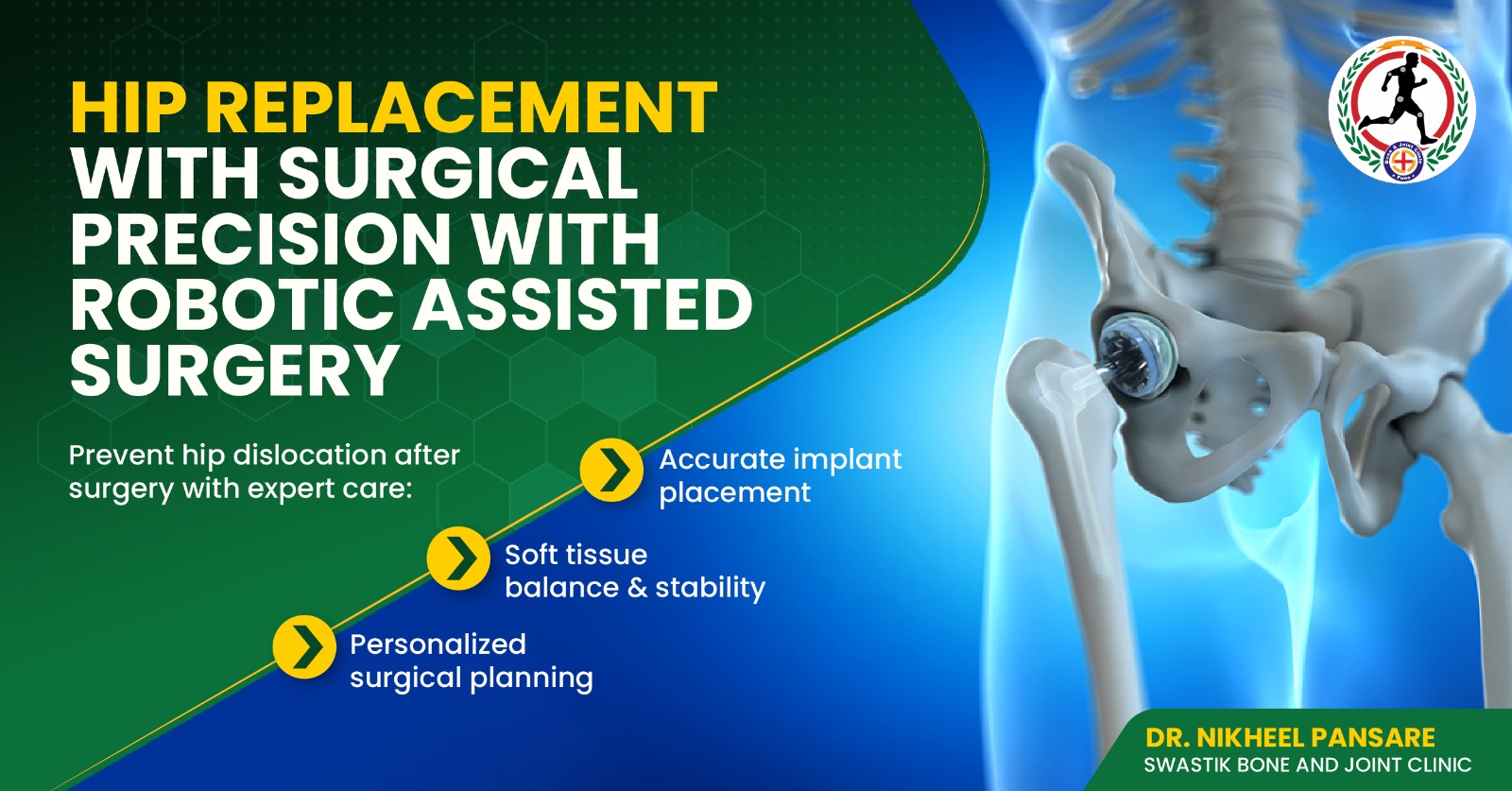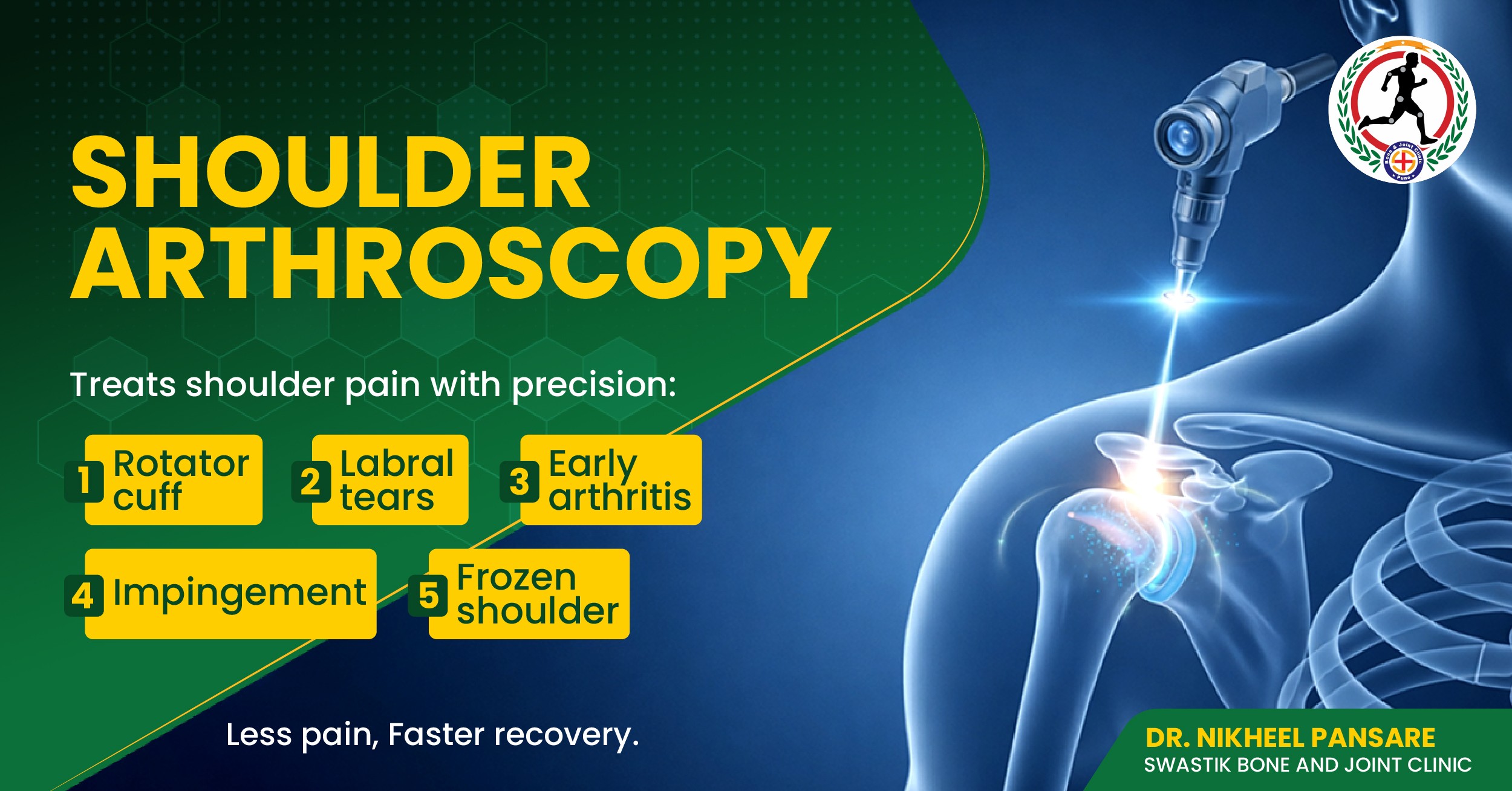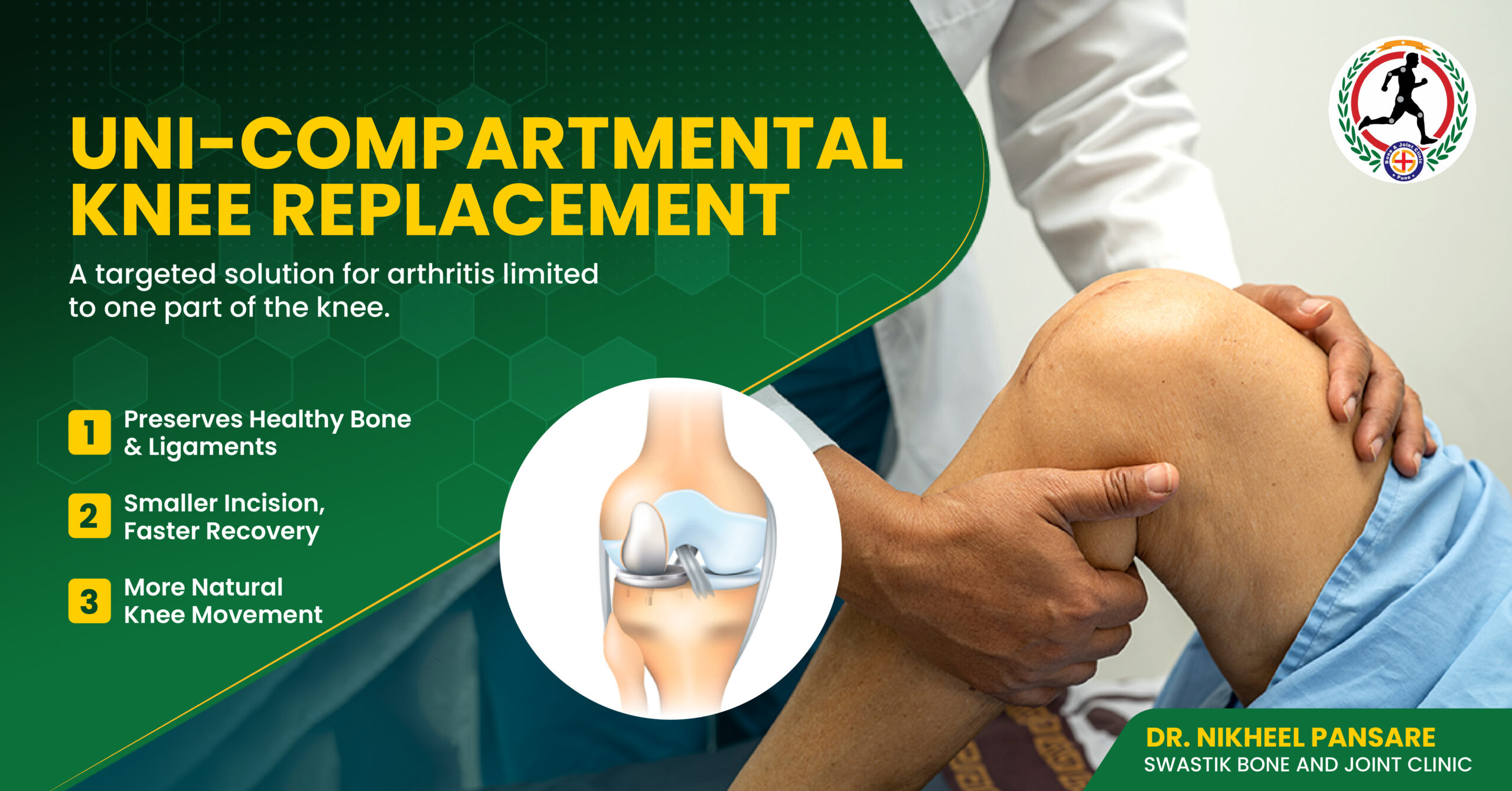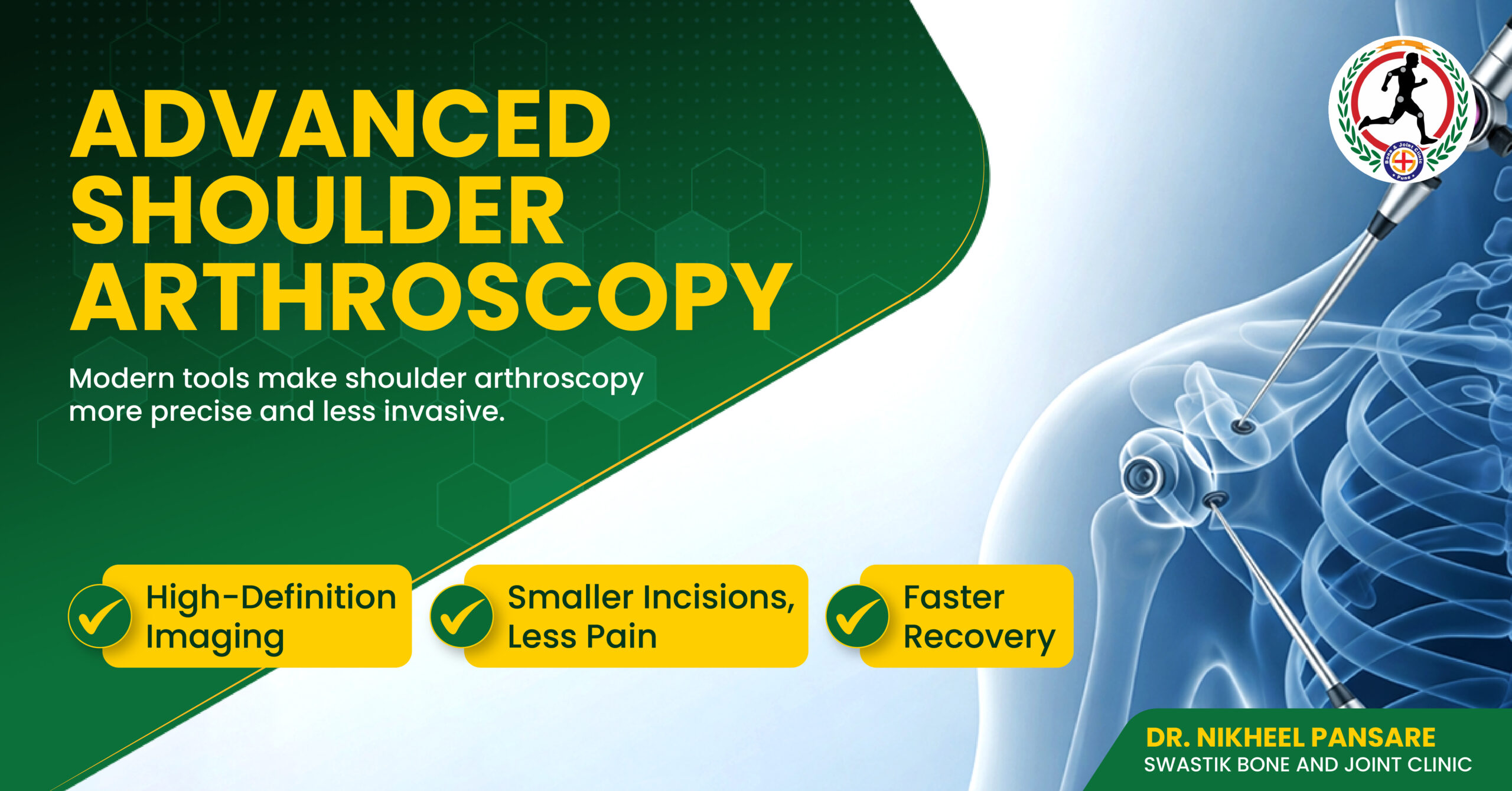Introduction:
Rotator cuff injuries can significantly impact one’s quality of life, affecting everyday activities and causing discomfort. In this comprehensive guide, we delve into the causes, symptoms, and care strategies for managing rotator cuff injuries. Whether you’re experiencing shoulder pain or seeking preventive measures, understanding these essential aspects can lead to better health and well-being.
Causes of Rotator Cuff Injuries:
Rotator cuff injuries commonly occur due to repetitive motions, trauma, or degenerative changes. Overuse of the shoulder joint, particularly in athletes or individuals with physically demanding occupations, can lead to strain and tears in the rotator cuff tendons. Additionally, sudden injuries such as falls or lifting heavy objects can cause acute tears. Degenerative changes associated with aging can weaken the rotator cuff tendons, increasing the risk of injury.
Symptoms of Rotator Cuff Injuries:
Recognizing the symptoms of rotator cuff injuries is crucial for early intervention and treatment. Common symptoms include persistent shoulder pain, especially when lifting or reaching overhead, weakness in the affected shoulder, and difficulty performing daily activities. Some individuals may experience shoulder stiffness, limited range of motion, or audible popping or clicking sounds in the shoulder joint. If left untreated, rotator cuff injuries can worsen over time, leading to more severe pain and functional impairment.
Care Strategies for Rotator Cuff Injuries:
Seeking timely medical evaluation is essential for accurately diagnosing and treating rotator cuff injuries. A rotator cuff injury specialist in Pune, such as Dr. Nikheel Pansare at Swastik Bone and Joint Clinic in Viman Nagar near Kharadi, can provide expert care and personalized treatment plans. Initial management may involve rest, ice therapy, and nonsteroidal anti-inflammatory medications to reduce pain and inflammation. Physical therapy exercises aimed at strengthening the shoulder muscles and improving range of motion are integral to rehabilitation. In cases of severe tears or persistent symptoms, surgical intervention may be recommended to repair the damaged tendons and restore shoulder function.
Prevention Strategies:
While some rotator cuff injuries may be unavoidable, adopting preventive measures can help reduce the risk of injury. Maintaining proper posture, avoiding repetitive overhead movements, and practicing safe lifting techniques can minimize strain on the shoulder joint. Engaging in regular exercise routines that include shoulder-strengthening exercises can improve shoulder stability and resilience. It is also essential to listen to your body and address any discomfort or pain promptly to prevent the worsening of symptoms.
Conclusion:
Rotator cuff injuries can significantly impact daily life, but with proper understanding and care, individuals can effectively manage these conditions and regain shoulder function. By recognizing the causes, symptoms, and care strategies outlined in this guide, individuals can take proactive steps toward better shoulder health. For expert care and treatment of rotator cuff injuries in Pune, consult with Dr. Nikheel Pansare, a leading orthopedic surgeon at Swastik Bone and Joint Clinic in Viman Nagar. With a focus on patient-centered care and expertise in shoulder conditions, Dr. Pansare is helping individuals achieve optimal shoulder health and well-being.
Rotator cuff injuries can significantly impact one’s quality of life, affecting everyday activities and causing discomfort. In this comprehensive guide, we delve into the causes, symptoms, and care strategies for managing rotator cuff injuries. Whether you’re experiencing shoulder pain or seeking preventive measures, understanding these essential aspects can lead to better health and well-being.
Causes of Rotator Cuff Injuries:
Rotator cuff injuries commonly occur due to repetitive motions, trauma, or degenerative changes. Overuse of the shoulder joint, particularly in athletes or individuals with physically demanding occupations, can lead to strain and tears in the rotator cuff tendons. Additionally, sudden injuries such as falls or lifting heavy objects can cause acute tears. Degenerative changes associated with aging can weaken the rotator cuff tendons, increasing the risk of injury.
Symptoms of Rotator Cuff Injuries:
Recognizing the symptoms of rotator cuff injuries is crucial for early intervention and treatment. Common symptoms include persistent shoulder pain, especially when lifting or reaching overhead, weakness in the affected shoulder, and difficulty performing daily activities. Some individuals may experience shoulder stiffness, limited range of motion, or audible popping or clicking sounds in the shoulder joint. If left untreated, rotator cuff injuries can worsen over time, leading to more severe pain and functional impairment.
Care Strategies for Rotator Cuff Injuries:
Seeking timely medical evaluation is essential for accurately diagnosing and treating rotator cuff injuries. A rotator cuff injury specialist in Pune, such as Dr. Nikheel Pansare at Swastik Bone and Joint Clinic in Viman Nagar near Kharadi, can provide expert care and personalized treatment plans. Initial management may involve rest, ice therapy, and nonsteroidal anti-inflammatory medications to reduce pain and inflammation. Physical therapy exercises aimed at strengthening the shoulder muscles and improving range of motion are integral to rehabilitation. In cases of severe tears or persistent symptoms, surgical intervention may be recommended to repair the damaged tendons and restore shoulder function.
Prevention Strategies:
While some rotator cuff injuries may be unavoidable, adopting preventive measures can help reduce the risk of injury. Maintaining proper posture, avoiding repetitive overhead movements, and practicing safe lifting techniques can minimize strain on the shoulder joint. Engaging in regular exercise routines that include shoulder-strengthening exercises can improve shoulder stability and resilience. It is also essential to listen to your body and address any discomfort or pain promptly to prevent the worsening of symptoms.
Conclusion:
Rotator cuff injuries can significantly impact daily life, but with proper understanding and care, individuals can effectively manage these conditions and regain shoulder function. By recognizing the causes, symptoms, and care strategies outlined in this guide, individuals can take proactive steps toward better shoulder health. For expert care and treatment of rotator cuff injuries in Pune, consult with Dr. Nikheel Pansare, a leading orthopedic surgeon at Swastik Bone and Joint Clinic in Viman Nagar. With a focus on patient-centered care and expertise in shoulder conditions, Dr. Pansare is helping individuals achieve optimal shoulder health and well-being.
